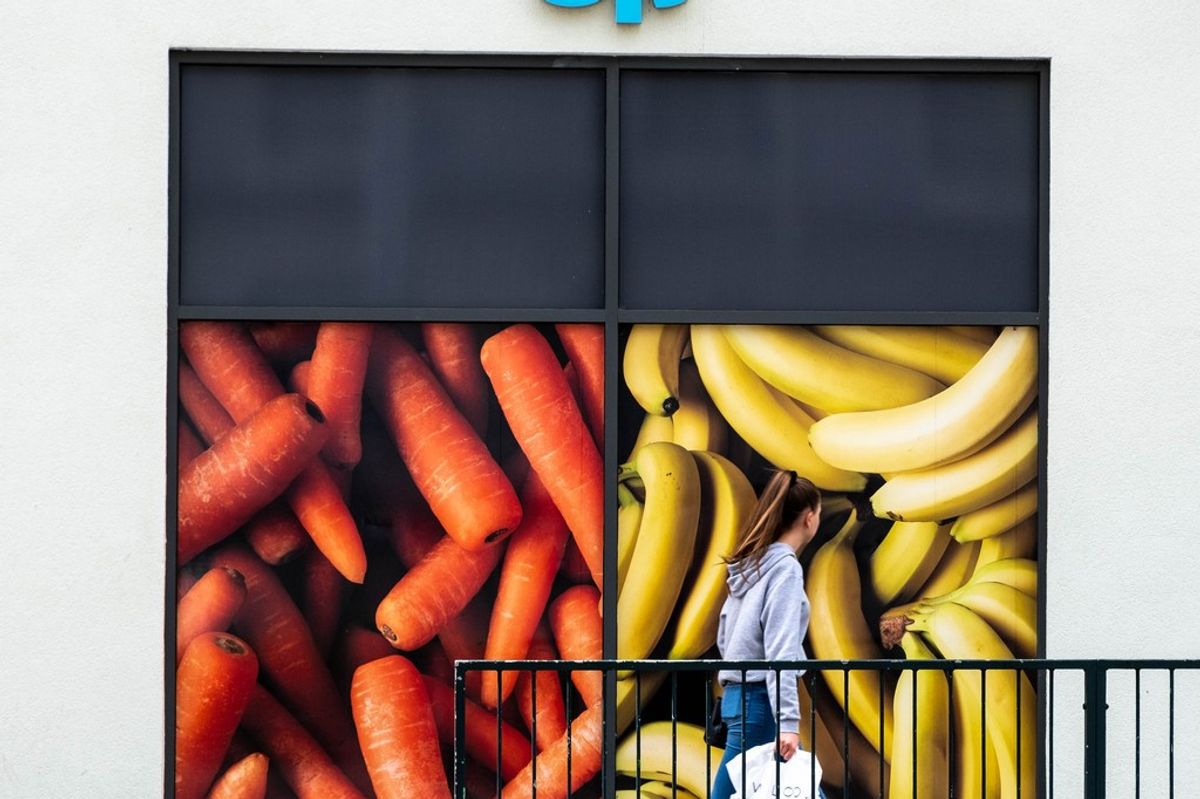The Competition and Markets Authority (CMA) has identified 107 breaches of the Groceries Market Investigation (Controlled Land) Order 2010 by Co-op, raising serious concerns about the retailer’s compliance with competition regulations.
The breaches, detailed in an open letter published on Wednesday by the CMA, relate to land agreements that restricted competition by preventing rival supermarkets from opening nearby. The Order was introduced to prevent large grocery retailers from using such agreements to limit consumer choice and stifle market competition.
Following a previous case involving Tesco in 2020, the CMA had instructed all large grocery retailers, including Co-op, to review their compliance with the Order.
The CMA’s investigation into Co-op confirmed that 107 breaches had occurred since the Order came into force, with three still remaining unresolved at the time of the letter’s publication.
Despite the significant number of breaches, the CMA acknowledged that “Co-op has proactively taken steps to address the root causes of these breaches, has cooperated with the CMA to date and is now working with the CMA to take further remedial action to address the breaches identified.”
Additionally, the retailer will now provide annual compliance reports to the CMA to ensure future adherence to the regulations.
However, the CMA expressed strong concerns over the scale of the breaches, stating that they demonstrate “significant failures in compliance for a business of Co-op’s size, resources and standing,” particularly given that the Order has been in force since 2010.
The CMA now expects Co-op to promptly rectify the remaining breaches.
Since it launched its probe in 2020, the regulator has forced Waitrose to re-write anti-competitive land deals, secured agreements from Morrisons and Marks and Spencer to stop using such land agreements, and warned Sainsbury's and Asda over the use of these agreements.


